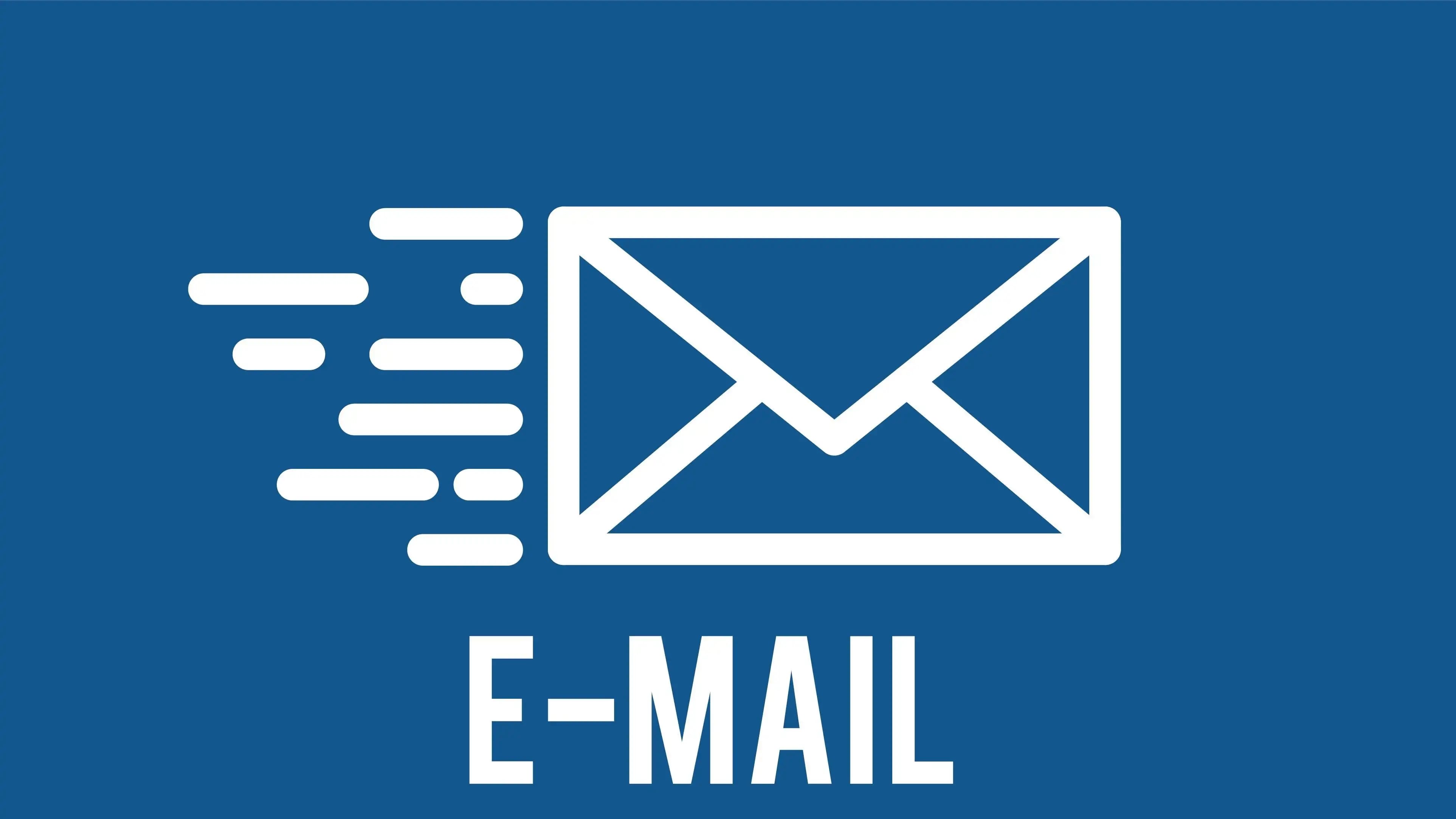
Best Practices for Professional Email Addresses
Best Practices for Professional Email Addresses
In today’s digital age, email addresses are often a key factor in forming first impressions of you. Whether it’s for job applications, business partnerships, or personal branding, a professional email address can significantly enhance your image.
Why Are Professional Email Addresses So Important?
A professional email address is more than just a contact method; it’s an essential part of your personal brand. A well-designed email address can:
- Build Trust: Let recipients feel your professional attitude
- Enhance Memorability: A concise and clear email address is easier to remember
- Strengthen Brand Consistency: Align with your name or business
Golden Rules for Professional Email Naming
1. Use Your Real Name
The best professional email should be based on your real name. Common formats include:
john.smith@domain.comjohnsmith@domain.comj.smith@domain.comsmith.john@domain.com
2. Keep It Concise and Clear
Avoid using long or complex email addresses. An ideal email address should:
- Be under 25 characters in length
- Avoid extra symbols and numbers
- Be easy to spell and remember
3. Choose the Right Separator
If you need to separate different parts, it’s recommended to use:
- Period (.): The most common and professional separator
- Underscore (_): Second choice, but some systems may not support it
- Hyphen (-): Less commonly used, but still acceptable
Avoid These Common Mistakes
❌ Unprofessional Elements
- Avoid nicknames:
cutepanda123@domain.com - Avoid random numbers:
john.smith.789@domain.com - Avoid special symbols:
john$mith@domain.com
❌ Outdated or Irrelevant Information
- Avoid graduation years:
john.smith.2020@domain.com - Avoid outdated job titles:
manager.john@domain.com
Email Selection for Different Scenarios
Job Applications
✅ john.smith@gmail.com
✅ j.smith@gmail.com
❌ party.animal.john@gmail.com
Business Partnerships
✅ john@smithconsulting.com
✅ john.smith@company.com
❌ johns.email.2024@gmail.com
Personal Branding
✅ contact@johnsmith.com
✅ hello@johnsmith.com
❌ johnsmith.writer.blog@gmail.com
Choosing an Email Domain
Free Email Providers
For personal use, here are recommended free email providers:
- Gmail - Most popular, highly professional
- Outlook - Microsoft ecosystem, business-friendly
- Yahoo Mail - Established provider, high recognition
Custom Domains
If you have a personal website or business, it’s strongly recommended to use a custom domain:
- More professional image
- Better brand control
- Higher trust level
Security Considerations
1. Privacy Protection
- Don’t expose too much personal information in your email address
- Avoid using sensitive information like birthdays or phone numbers
2. Backup Strategy
- Prepare multiple professional email addresses
- Set up email forwarding
- Regularly back up important emails
Recommended Tools
Our Email Name Generator can help you:
- Quickly generate multiple professional email formats
- Check email address availability
- Get personalized naming suggestions
Long-term Strategy for Maintaining a Professional Image
1. Maintain Consistency
Use the same email address across all platforms and documents to establish a unified personal brand image.
2. Regular Evaluation
As your career develops, regularly evaluate whether your email address is still suitable for your current professional status.
3. Backup Plan
Prepare at least one backup professional email address for emergencies.
Conclusion
A professional email address is an important part of your digital identity. By following these best practices, you can create an email address that is both professional and memorable, laying a solid foundation for your career development and personal brand building.
Remember, choosing an email address is not just a technical issue, but an important part of personal brand strategy. Investing time in carefully designing your email address will bring huge returns in the future.